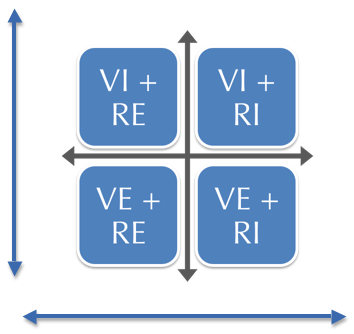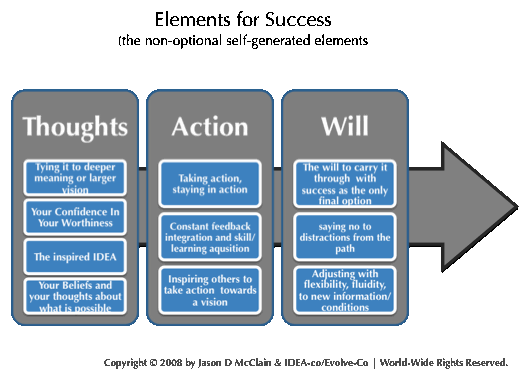Relationships: Effective Communication | Elegant Navigation
Part 2: The Solutions (1100 words, average reading time: 4.5 minutes)
[Part 1 can be found HERE]
I have a very simple approach to relationships, that avoids most, if not all, of the problems outlined in the interpersonal conflicts above. It is the philosophical grounding I take on in all of my relationships explicitly:
- Realize—and accept—the fact that no one way of approaching relationships, communication, or conflict is the “right way”. That there is no consensus agreement or reality except that which you form with the Other. They are simply different styles…therefore take this on as an organizing principle and act accordingly:
- Give the other person the freedom to be however they want; to be self expressed free from attempts to control them or suppress them
- Give yourself the freedom to be fully self-expressed—to be your authentic self
- In the event that one person’s behavior upsets the other, the person who is upset makes a clear request to alter the offending behavior
- If they accept the request, you now have an agreement
- If they decline the request, you now know what to expect from them and have more understanding of each other’s approach to the world
- Forge an agreement with the other that this is the way you will approach relationships and conflict
Simple.
It gives both parties maximum freedom to be themselves. It treats both parties like adults who are responsible for their own experience—and can express their needs. Everything is on the table and at face value. There is no second-guessing. There is no ambiguity. There are no guessing games or “game playing”.
And really, holding someone accountable to agreements they have not made—in the form of your unstated expectations—is simply unjust. It is also supremely arrogant, in that it assumes that “well, everybody knows that you should…” which can be translated at a deeper level of its assumption is “my way of doing relationships is the global standard”.
Incredibly arrogant.
Your way of doing it may be more effective—and may even be more enjoyable for both parties if accepted by and engaged in by both parties—but it is not the only way to do it, and in the absence of an explicit consensus or agreement reality, you must create one.
As I said, it is simple. However, it is not easy.
There are several things you must do and develop efficacy with for this approach to work and work well for both parties. There is also a very effective way to communicate through those upsets before making your request (the last bullet point above). We’ll get to that in a few minutes.
First, here is what you must do:
Take on the recommended philosophical grounding and approach outlined in the bullet points above.
Take responsibility. Don’t do it for them, or for the other person. Do it for yourself—as your esteem for yourself will expand and grow each time you accept responsibility. Your sense of self expands. It also has the effect of allowing people who are emotionally mature enough to follow suit and take responsibility for their part in it—rather than polarizing, blaming each other, and digging your heels in—to the detriment of the relationship and/or for the thin gruel of short-term ego inflation (as opposed to healthy egoic expansion, which occurs, again, by taking responsibility).
Engage in as many other practices as possible to build true and healthy esteem for the self. It is your immune system for your emotional life.
Make a firm decision to practice and exercise your facility with self. At a bare minimum, know that even if your interpretations of what is occurring are mostly accurate, they are at least incomplete. Always look to include more information in your world-view. Expand your perspective.
More advanced practices to exercise your internal facility would be to consider:
- How else could the events/their actions be interpreted?
- Where else could the person be coming from?
- What else—besides your disempowering interpretation/projection/guess—could be their motivations? Their intent? Their outcome?
- What could their positive intent be?
- Step into their shoes. What could their experience of you be right now? Is it positive? Neutral? Negative? What else is going on right now for them that is straining their resources?
- What emotion is underneath their communication—and speak directly to and validate that before getting to facts and agreements
Take on a responsible and conscious model for communicating your emotions, expectations, and for requesting an agreement around styles.



